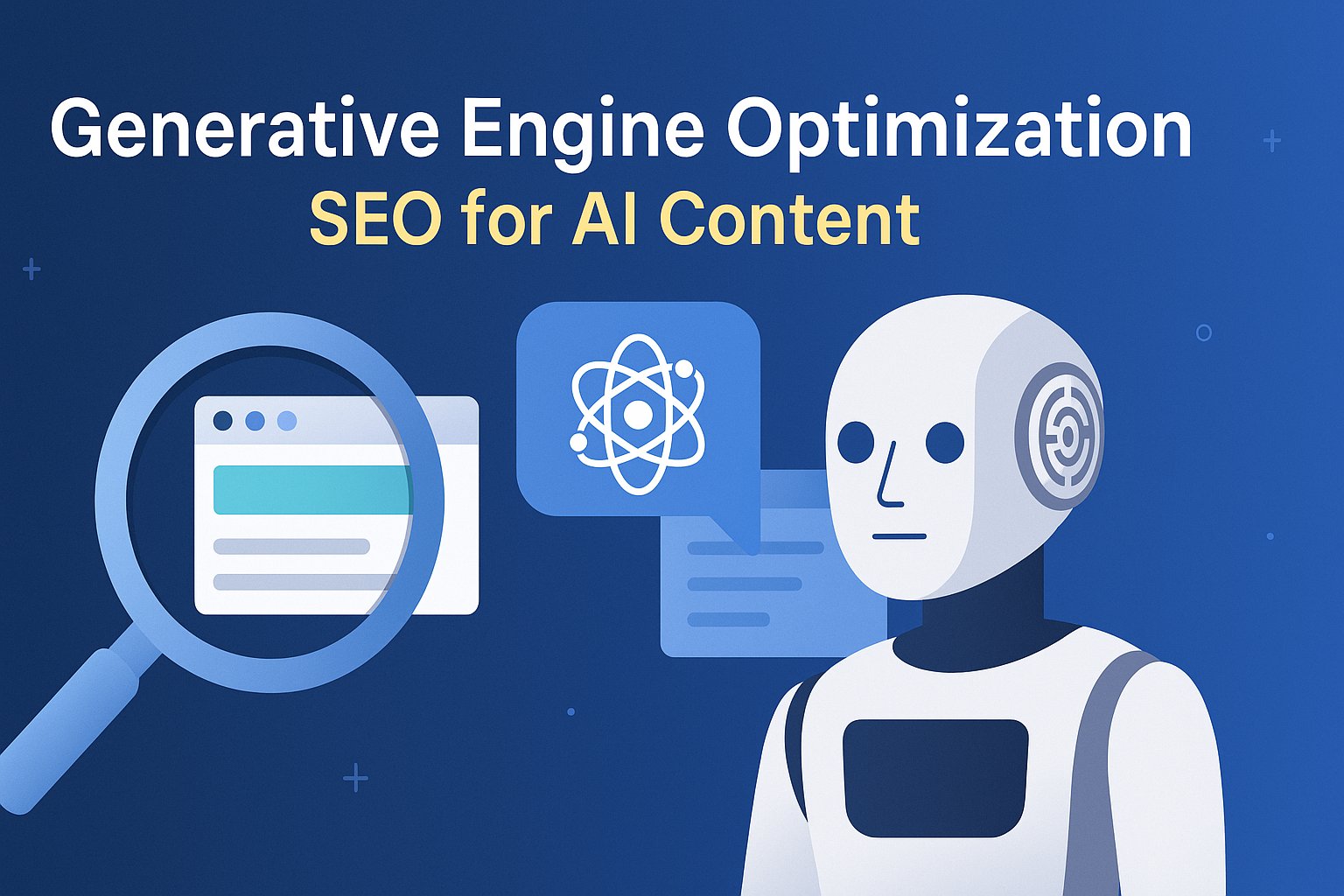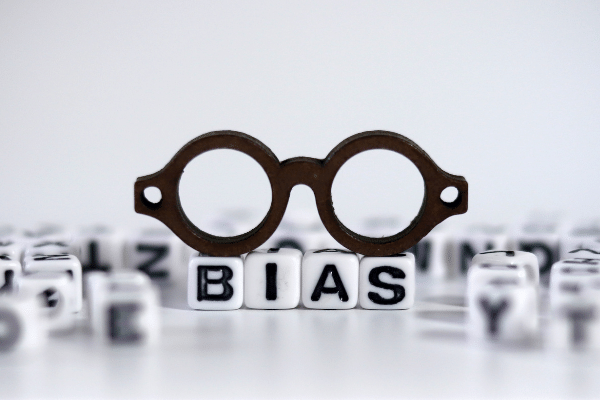How AI is Revolutionizing Digital Marketing in 2024
The world of digital marketing is evolving faster than ever, and artificial intelligence (AI) is at the forefront of this transformation. From hyper-personalized campaigns to predictive analytics, AI is equipping marketers with tools to better understand and engage with their audiences. By 2025, businesses leveraging AI in their marketing efforts are expected to see a 3x increase in ROI compared to those sticking to traditional methods (Forrester, 2025).
Here’s how AI is revolutionizing digital marketing and why it’s essential for businesses to embrace this technology.
Key Trends in AI Marketing
1. Hyper-Personalization at Scale
Personalization has always been the holy grail of marketing. With AI, it’s no longer just achievable but scalable. AI analyzes customer behavior, preferences, and interactions in real-time, enabling brands to deliver content and recommendations tailored to individual needs.
Example in Action:
- Netflix: By using AI to personalize recommendations, 80% of its views come from suggested content.
- E-commerce Sites: Platforms like Amazon use AI to recommend products based on browsing history, increasing purchase likelihood.
How to Use It:
- Implement AI tools to segment your audience dynamically.
- Personalize email campaigns, product recommendations, and website experiences.
- Leverage AI for real-time adjustments during ad campaigns.
2. Predictive Analytics for Smarter Decision-Making
AI’s ability to process vast amounts of data has unlocked the potential of predictive analytics, which helps marketers anticipate customer behavior and optimize campaigns accordingly.
What It Does:
- Predicts which audiences are most likely to convert.
- Identifies optimal times to engage customers across various channels.
- Forecasts trends to help allocate budgets more effectively.
Example in Action:
- Coca-Cola uses AI-driven predictive analytics to determine the best times and platforms to launch marketing campaigns, resulting in significant cost savings and better engagement.
3. AI-Powered Content Creation and Automation
Creating consistent, high-quality content is a significant challenge for marketers. AI has changed the game by enabling automated content creation that still feels personal and on-brand.
How It Works:
- Tools like aiSuite allow marketers to generate persona-based content for blogs, social media posts, and ads—often in multiple languages—with just a few clicks.
- AI also ensures that content aligns with corporate guidelines and adapts to different channels seamlessly.
Why It Matters:
- Save time: Reduce content production timelines by 50%.
- Maintain consistency: Ensure a unified brand voice across channels.
4. Enhanced Ad Targeting and Campaign Optimization
AI has revolutionized programmatic advertising, enabling real-time adjustments to ad placements, bids, and targeting criteria.
What It Does:
- Identifies the most profitable audiences.
- Adjusts ad placements to maximize visibility and engagement.
- Automatically reallocates budgets based on performance metrics.
Example in Action:
Google’s Performance Max Campaigns use AI to automate ad optimization across multiple platforms, increasing conversions while reducing ad spend inefficiencies.
How to Start:
- Use AI-powered platforms like Google Ads or Meta Advantage+.
- Continuously monitor and tweak campaign settings based on AI-driven insights.
5. Voice Search and Conversational AI
As more consumers use voice assistants like Siri, Alexa, and Google Assistant, optimizing for voice search has become crucial. AI also powers chatbots and conversational tools, making interactions seamless and personalized.
What It Brings:
- Voice-friendly content tailored to natural language queries.
- Instant customer support via chatbots integrated into websites and apps.
Example in Action:
- Domino’s Pizza lets customers order via Alexa, streamlining the process with conversational AI.
6. AI-Driven Video Marketing
Video remains one of the most engaging formats, and AI takes it to the next level by automating production and enhancing customization. AI tools can:
- Create video scripts and visuals tailored to target audiences.
- Optimize video lengths and formats based on audience preferences
- Analyze viewer engagement and recommend adjustments in real-time.
Challenges and Considerations
While AI presents immense opportunities, marketers must also address challenges:
- Data Privacy: Be transparent about how customer data is collected and used to ensure compliance with regulations like GDPR.
- Ethical AI Use: Avoid biases in AI algorithms and ensure fairness in targeting and messaging.
- Training Teams: Upskilling your marketing team to work effectively with AI tools is essential.


Getting Started with AI in Digital Marketing
Here’s a step-by-step guide for marketers looking to integrate AI into their strategies:
- Audit Your Current Efforts: Identify areas where AI can save time, improve efficiency, or drive better results.
- Start Small: Focus on one or two high-impact areas, like ad targeting or content automation.
- Leverage Tools: Use platforms like AI Suite to simplify the adoption of AI across multiple marketing functions.
- Measure and Iterate: Track metrics like ROI, engagement rates, and conversion rates to refine your AI strategy.
Conclusion: Why AI is the Future of Digital Marketing
AI is not just a trend - it’s a transformation that will define the future of digital marketing. From hyper-personalization to predictive analytics, AI empowers marketers to connect with customers on a deeper, more meaningful level.
By embracing AI today, you can position your business ahead of the competition and deliver results that drive long-term success. The time to act is now—AI isn’t just revolutionizing marketing; it’s revolutionizing businesses.
Ready to transform your digital marketing strategy with AI? Discover how aiSuite can help you harness the full potential of AI tools for better campaigns, smarter insights, and higher ROI.





